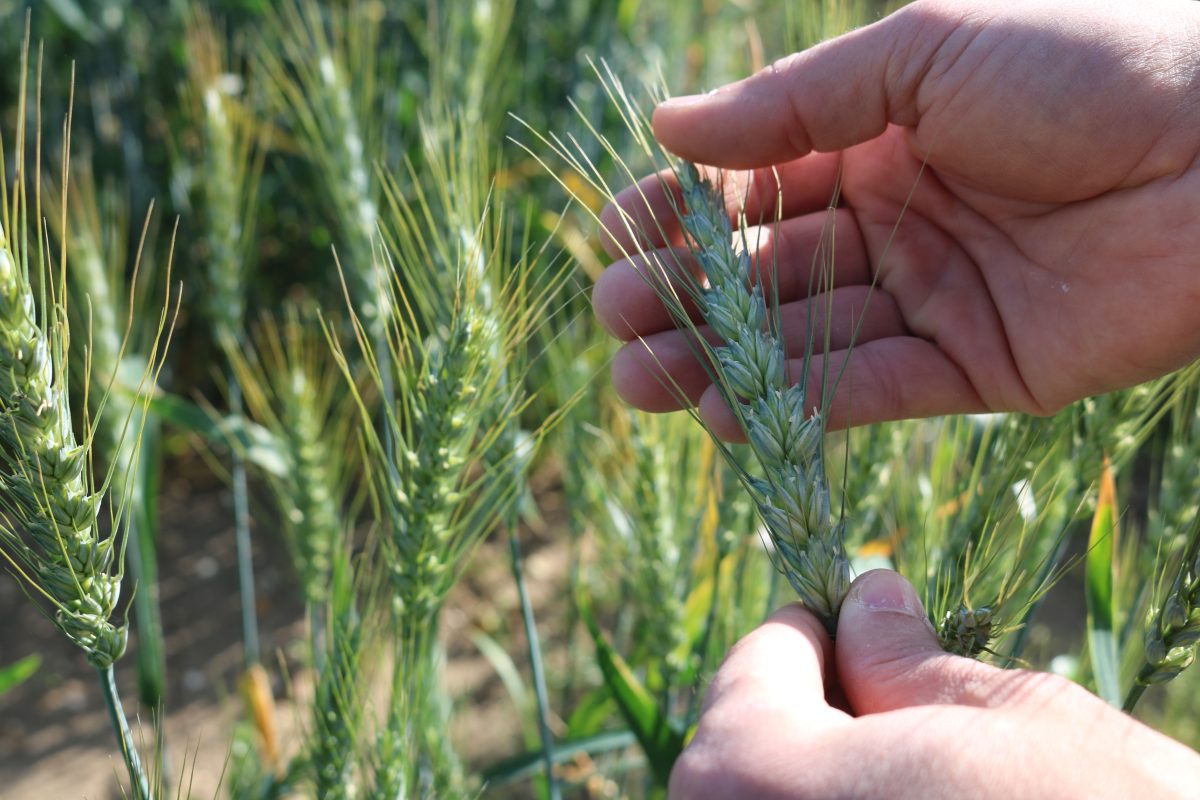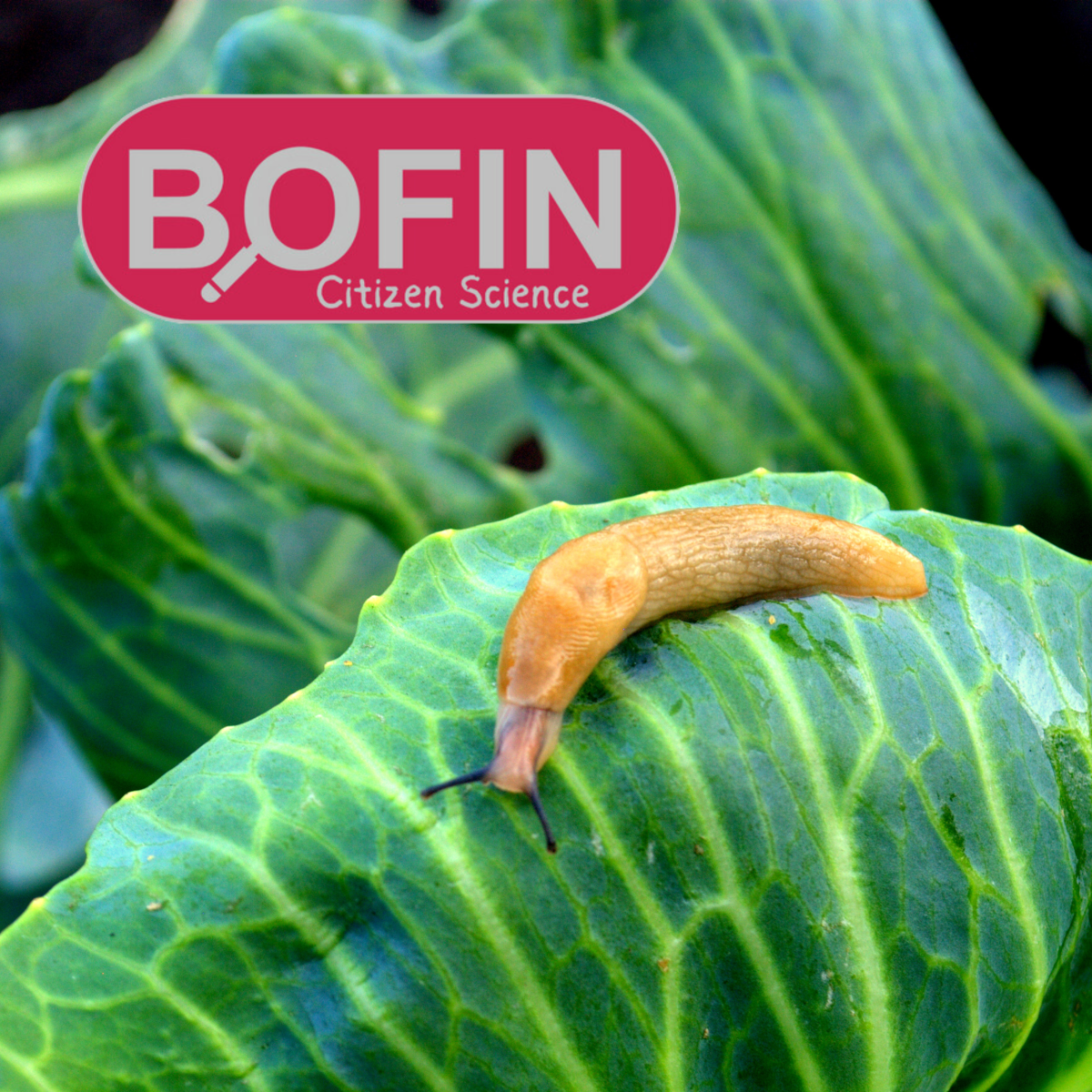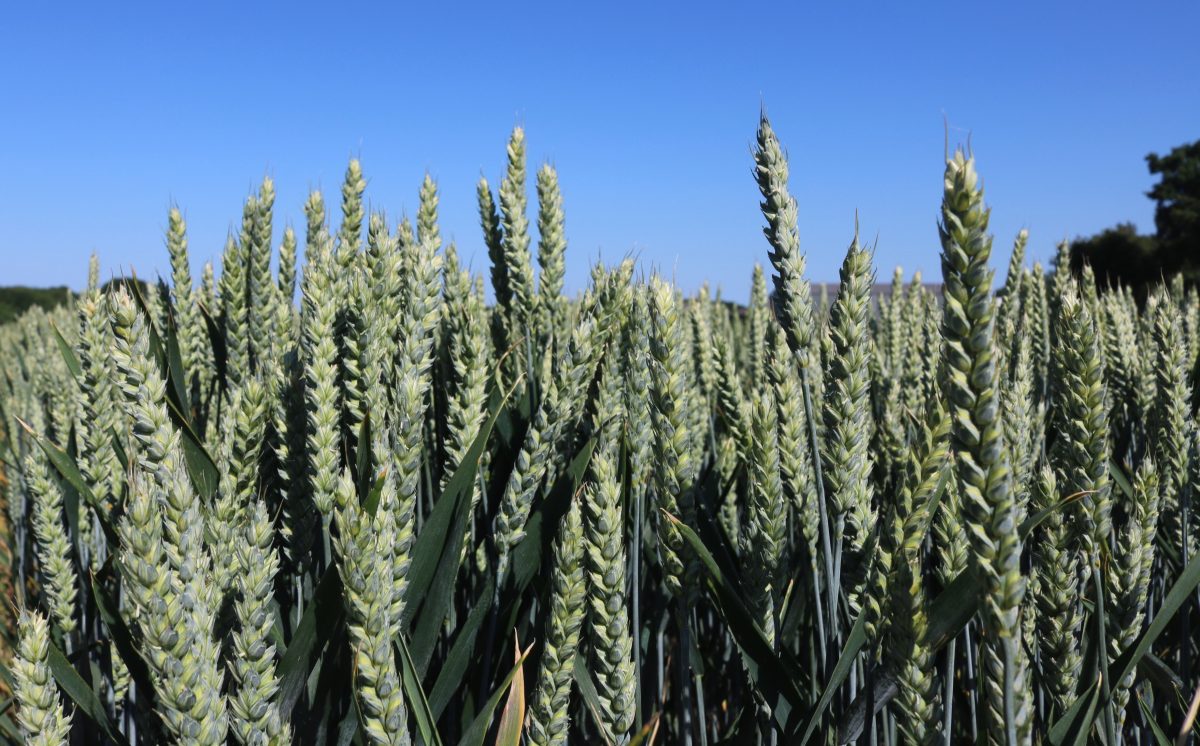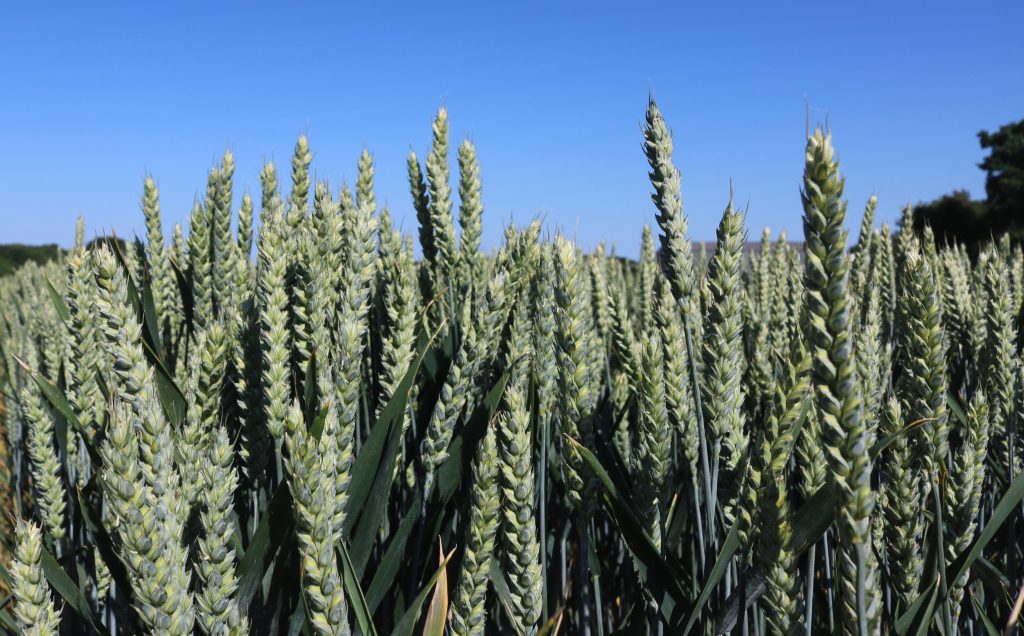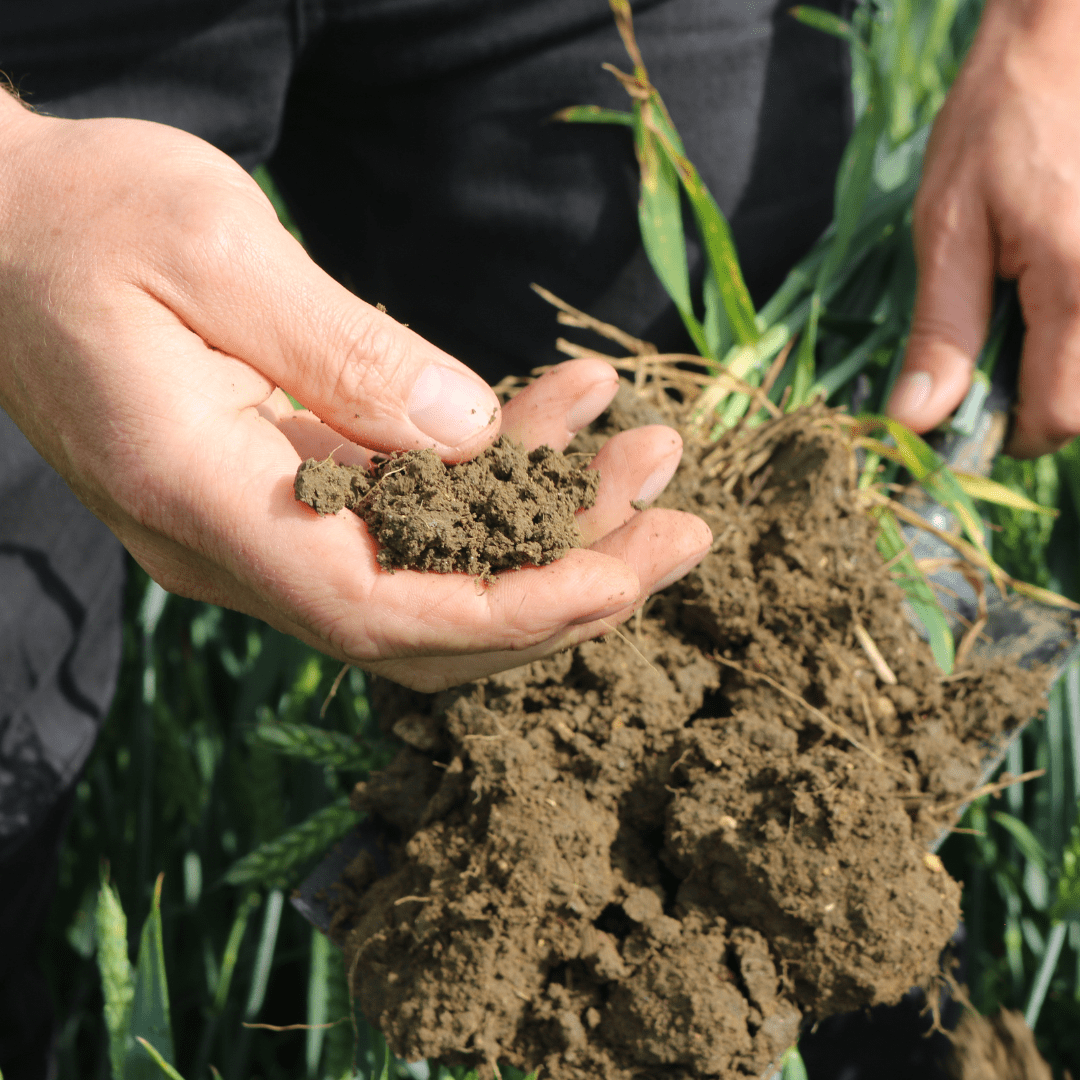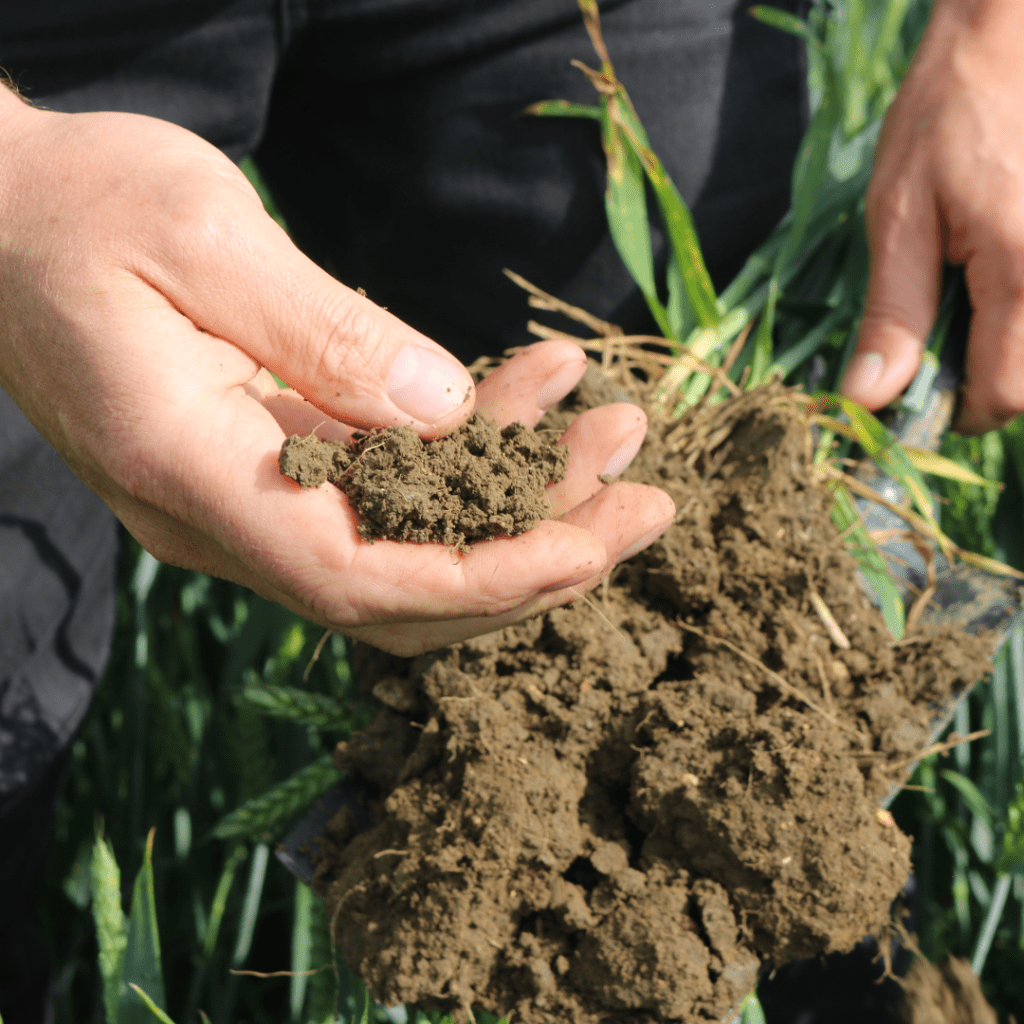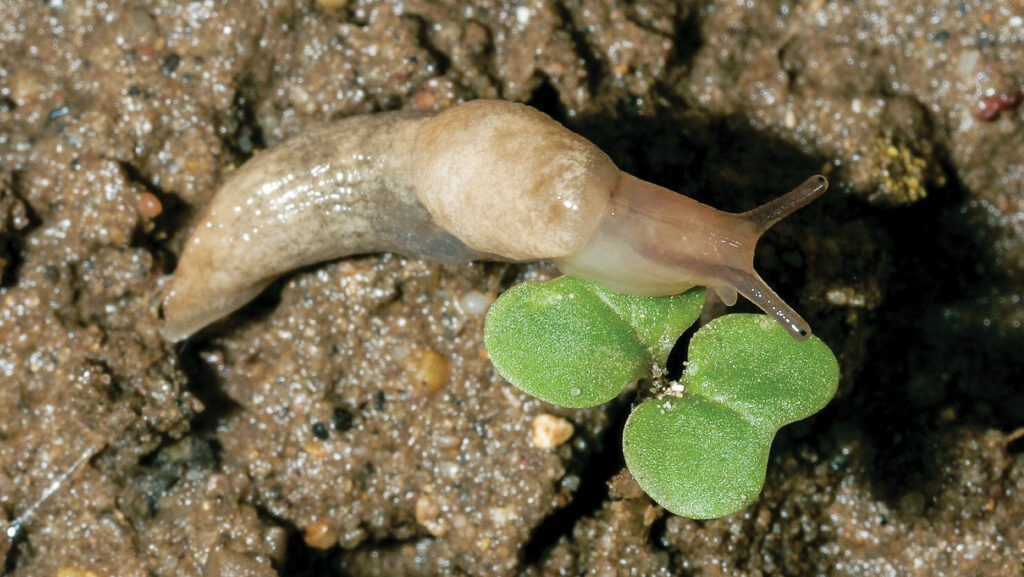Innovative and influential arable farmers are invited to apply to join a small team of ‘PROBITY Pathfinders’ to help steer the direction of a project exploring precision-bred crops.
The PROBITY project is a three-year £2.2m multi-partner project, funded by Defra’s Farming Innovation Programme, which is delivered by Innovate UK. Led by the British On-Farm Innovation Network (BOFIN) it will see precision-bred crops grown by farmers for the first time in Europe. Three precision-bred cereal varieties will be trialled and scrutinised by farmers, scientists and food manufacturers in an open and transparent forum.
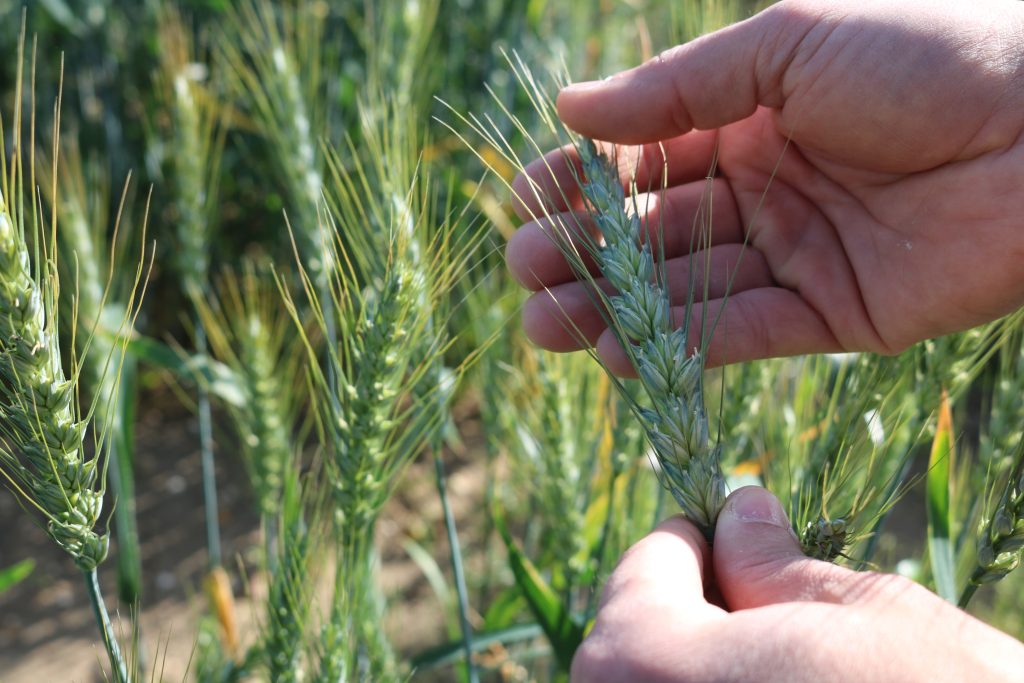
A major part of the project is exploring farmers’ perceptions on precision bred crops and their feelings about growing them, explained Tom Allen-Stevens, founder of BOFIN.
“Scientists believe that precision-bred crops have something to offer sustainable food production, but as yet they have never been trialled in a commercial setting,” he said.
“Farmers won’t invest time and resources to grow something they don’t have confidence in, so it’s important that we discuss all aspects openly. As part of that we need the first recruits of this project – the PROBITY Pathfinders – to encourage and generate discussion.
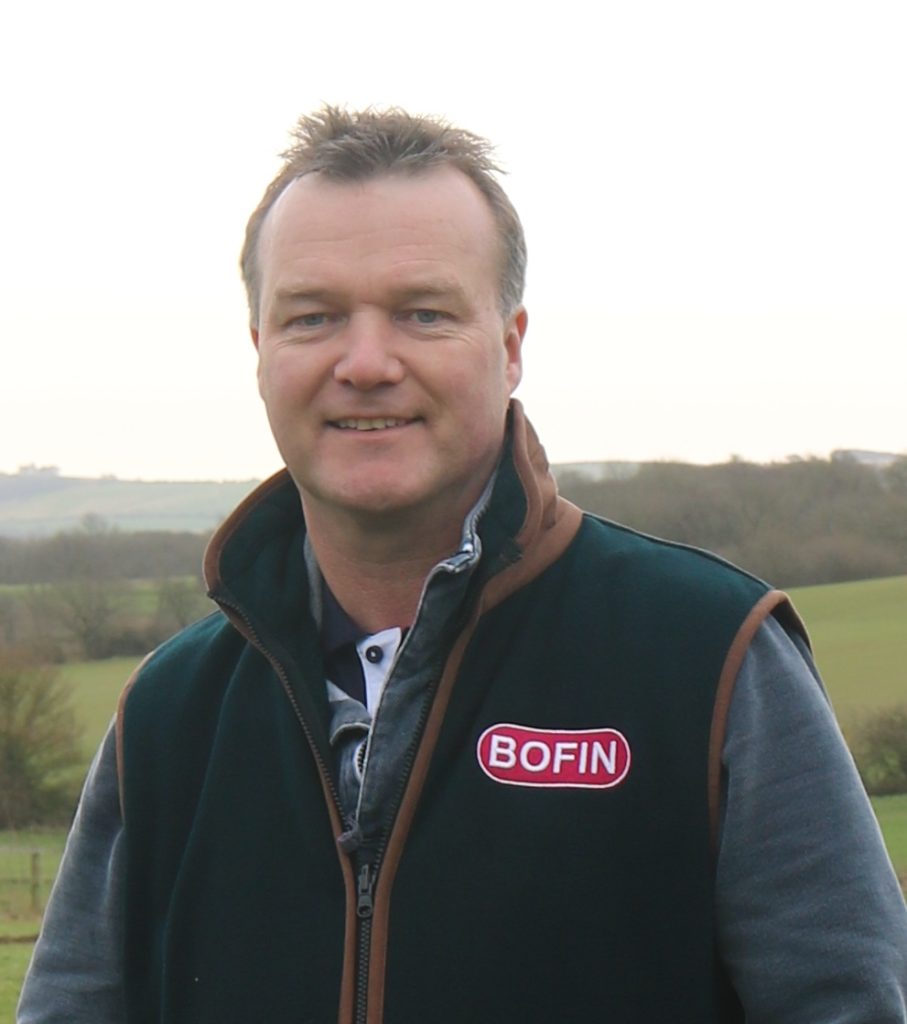
“Our Pathfinders will be arable farmers with a passion for innovation and science. They must be open-minded, but we don’t mind if they lean in favour or against the technology, although they should be in favour of on-farm trials of precision-bred crops.”
The Pathfinders will be expected to initiate and take part in online discussions and speak about the project at events and farmer gatherings. They should have effective credible networks and existing platforms with which they engage with other farmers, either on social media or through organisations they are involved with. In return PROBITY Pathfinders will receive a payment plus out-of-pocket expenses.
To apply for this important role please click HERE

